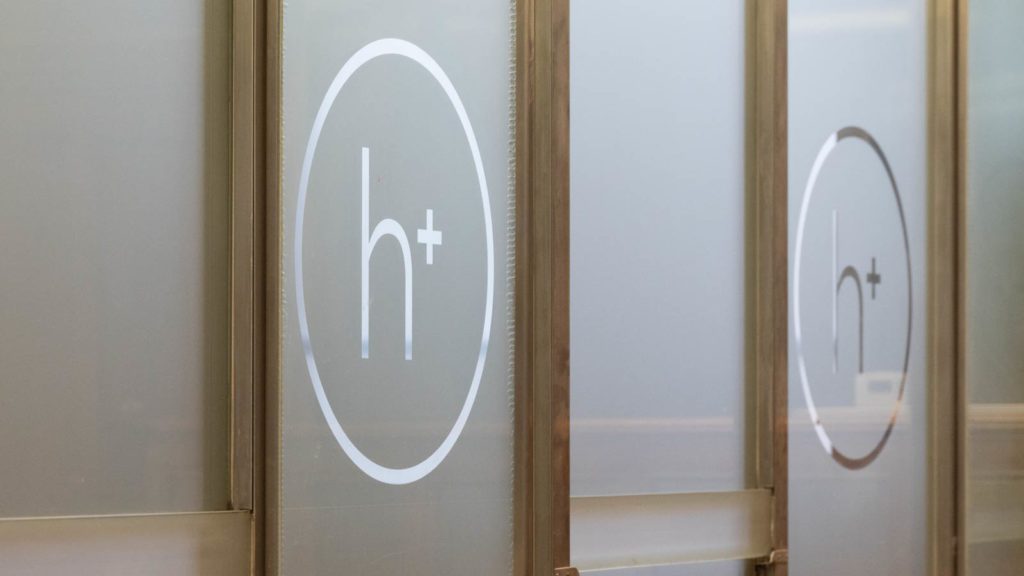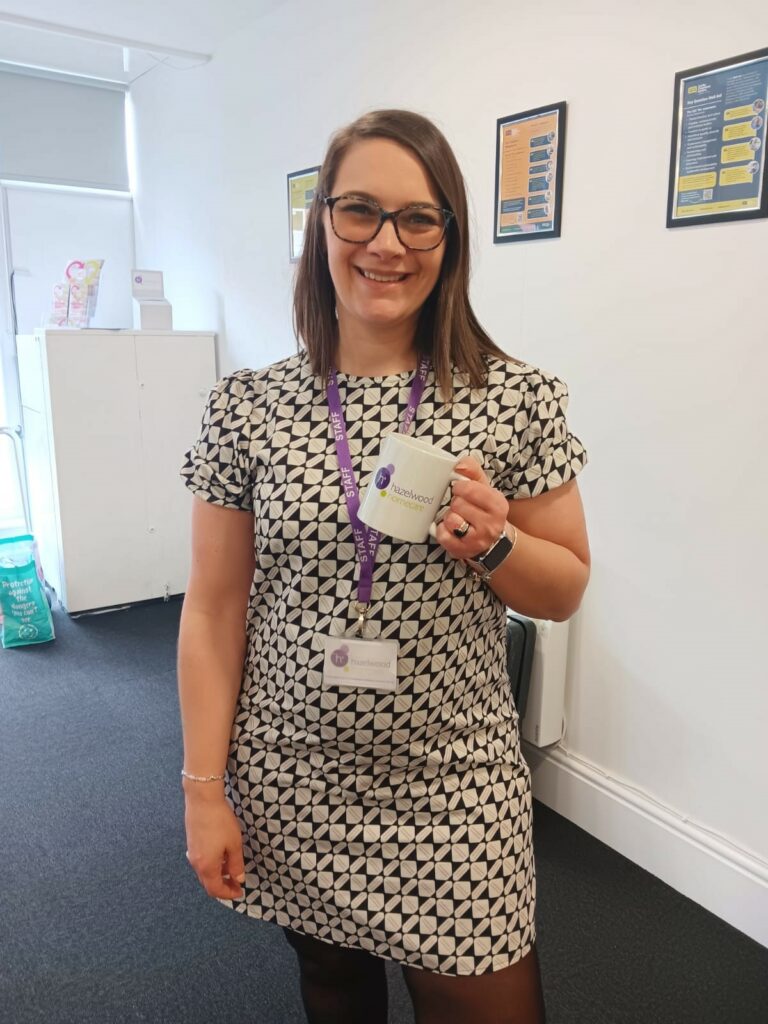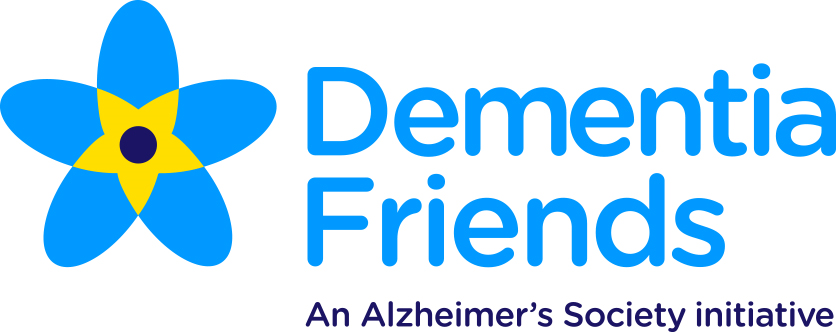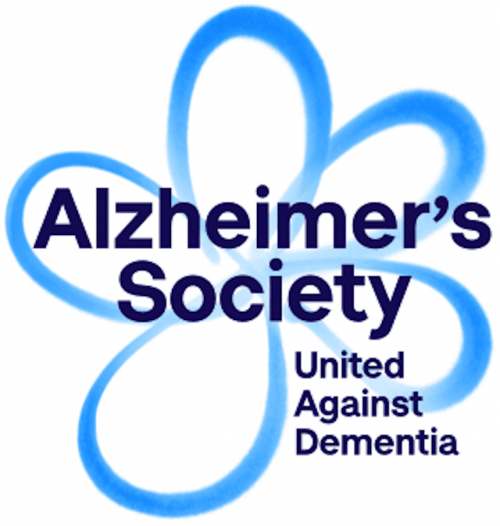It is important to focus on helping them to exercise the brain to improve memory as well as daily functionality and the patients focus, especially as your patient gets older. Doing these exercises daily can help to boost concentration and memory, there are so many different methods to helping the brain stay sharp and healthy. Keeping up with them daily can also allow tasks to become easier and quicker to complete. Here are some activities to improve memory that we at Lifestyle think can be invaluable to people’s cognitive functioning.
Music and Dancing
Music is a simple way to increase the creative energy in your brain. Through listening to joyful songs, it can help produce more solutions to problems, rather than letting your patient sit in silence. Turning up some happy music can help boost your patient’s brainpower and promotes a happy hormone called Oxytocin.
If your patient enjoys music, you could try to help them learn a new instrument. Studies show that you’re capable of learning a new skill at any point within your life so why not boost their skillset whilst increasing your patient’s brainpower?
Dancing to music is also great as it promotes exercise for the body and produces happy and joyful thoughts!
A Jigsaw Puzzle
Everyone enjoys a good puzzle. Working on jigsaws and different types of puzzles are a great way to improve the functions of the brain. Taking part in an activity like this promotes the use of their cognitive abilities and is a vital part of visuospatial cognitive ageing. When you are piecing a puzzle together, you need to look at the different images, patterns, and shapes to understand where they correctly fit within the final picture. This exercise is a fun one, it’s rewarding, and is a perfect example for exercising and challenging the brain.
Card Games
Similar to puzzles, card games require quite a bit of thinking, meaning they are perfect to play with your patients! There are countless card games that you could try to improve your patient’s memory and brain function. A quick card game is not only beneficial for their brain but is also fun for the patient to play with someone. Communication is so important for a patient as it helps them know they have company. A pack of cards are also affordable to buy, and the majority of people have them in their home.
Try giving solitaire, poker, blackjack, rummy, or hearts a go with your patient as they could be games that they already know how to play or are simple to learn while helping to keep their memory sharp.
Trying to incorporate these memory improving activities into the lives of our service users can be a great way to exercise the brain and improve their






